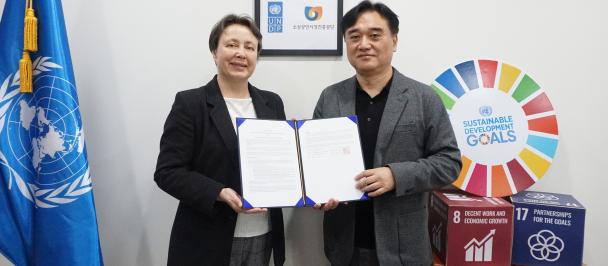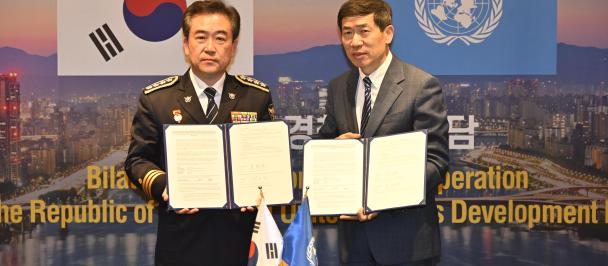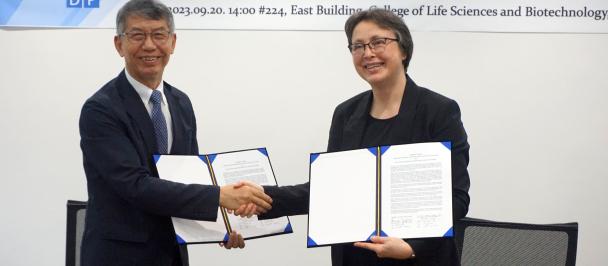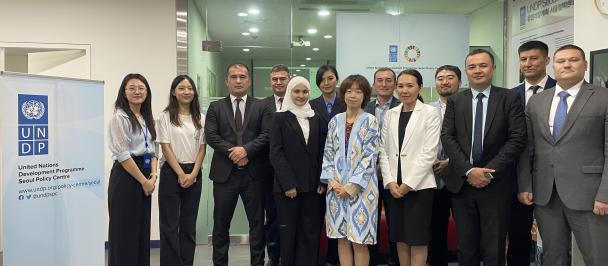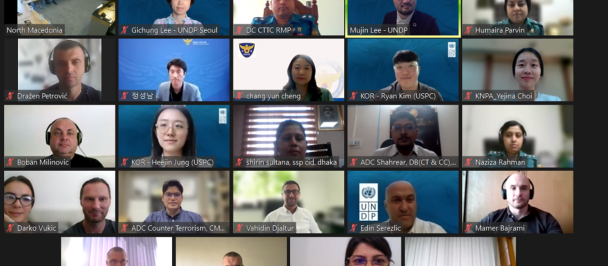Montenegro showcases new Korea-inspired methodology to assess implementation of anti-corruption measures
April 15, 2022
On 6 April 2022, UNDP Seoul Policy Centre (USPC) took part in a hybrid conference co-hosted by Montenegro’s Agency for Prevention of Corruption, UNDP Montenegro, and the Office for European Integration aiming to overview the country’s successful implementation of assessment methodologies for corruption mitigation inspired by the Korean Anti-corruption Initiative Assessment (AIA) model.
As part of its SDG Partnership programme on Transparency and Accountability, USPC has been closely collaborating with UNDP Montenegro to build up a knowledge-sharing forum and strengthen Montenegro’s public corruption prevention capacity based on experience of the Republic of Korea. USPC has supported Montenegro in benchmarking the AIA tool of Korea’s Anti-Corruption & Civil Rights Commission (ACRC), which evaluates, both qualitatively and quantitatively, how public institutions follow up on ACRC’s anti-corruption guidelines and improve their institutional measures for preventing corruption.
The event kicked off with Opening Remarks by Ms. Jelena Perović, Director of the Agency for Prevention of Corruption, H.E. Mr. Jørn Erling Gjelstad, Norwegian Ambassador to Serbia, Ms. Zorka Kordić, Chief Negotiator of Office for European integration, and Ms. Daniela Gašparikova, Resident Representative of UNDP Montenegro. Ms. Ahjung Lee, Governance Portfolio Manager of USPC, reviewed the basic concept of AIA and provided feedback on Montenegro’s AIA-inspired methodology, noting its noteworthy features and offering some suggestions based on Korea’s lessons learned from AIA implementation. She noted that in order to ensure sustainability of these anti-corruption efforts, continuous methodological refinements, as well as advocacy efforts for building the political will are crucial.
An extensive assessment report of Montenegro’s methodology was presented, highlighting the key results of implementing various institutional mechanisms to prevent corruption in Montenegro. With more than 30 institutions joining the assessment, the results highlighted that the management of Montenegro’s ‘Integrity Plan’ shows high performance whereas internal auditing and cultural factors within organizations had some room for improvement. The conference concluded with an emphasis on the importance of sustaining the anti-corruption efforts and providing technical support to boost the low-marked factors in the coming years.
Mr. Jungoh Son, Anti-Corruption Policy Advisor of UNDP and secondee from ACRC, congratulated Montenegro’s successful adoption and implementation of the AIA tool and emphasized the role of the authority heads to ensure their anti-corruption activities were inclusive and sustainable.
* UNDP Seoul Policy Centre (USPC) shares Korea’s tested-and-proven policy tools with other countries through SDG Partnerships and UNDP’s Global Policy Network (GPN). USPC’s Partnerships provide a combination of support, including partnership development with Korean institutions, seed funding, technical assistance, and policy advisory services. As part of its partnerships promoting better governance, Korea shares the lessons learned through its experience to improve transparency and accountability.

 Locations
Locations